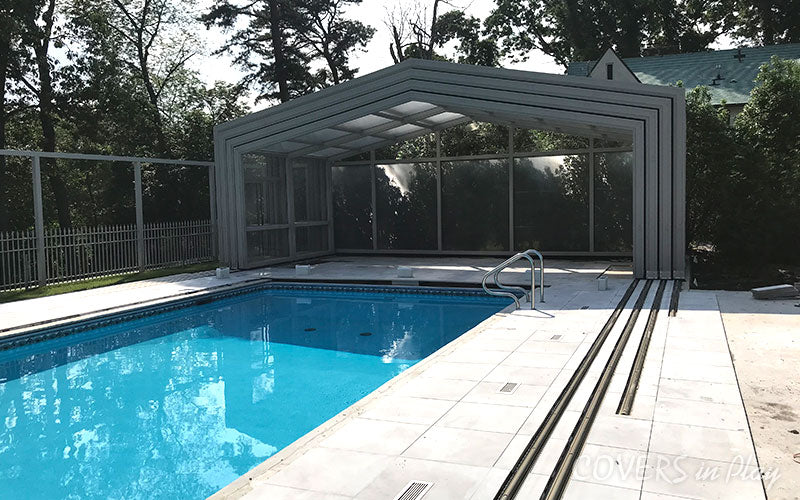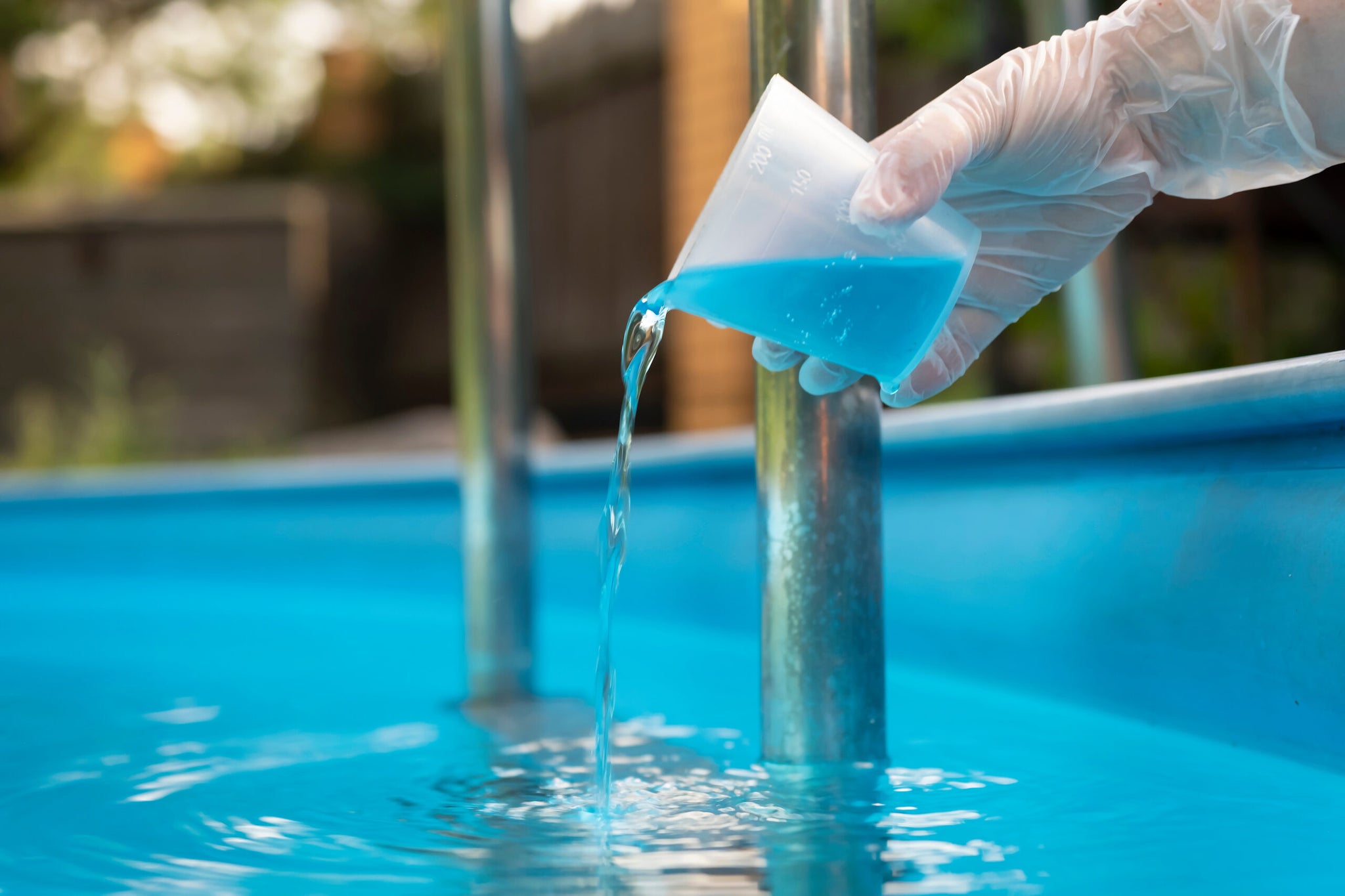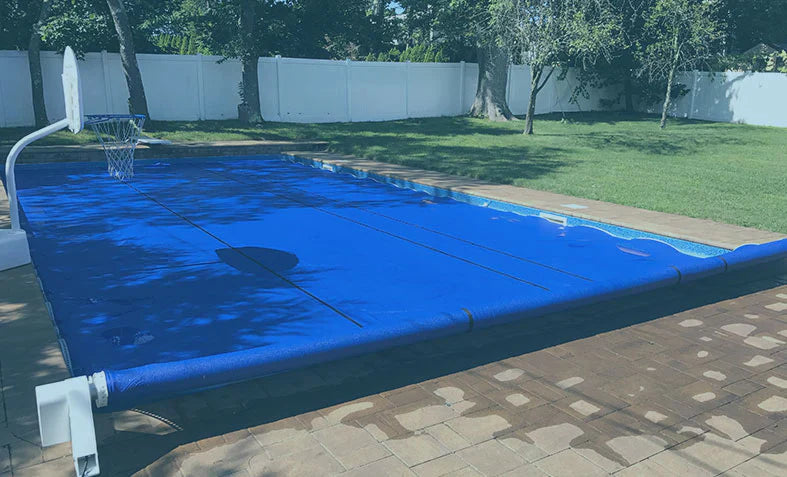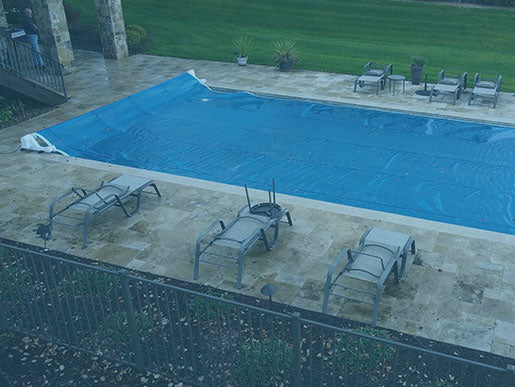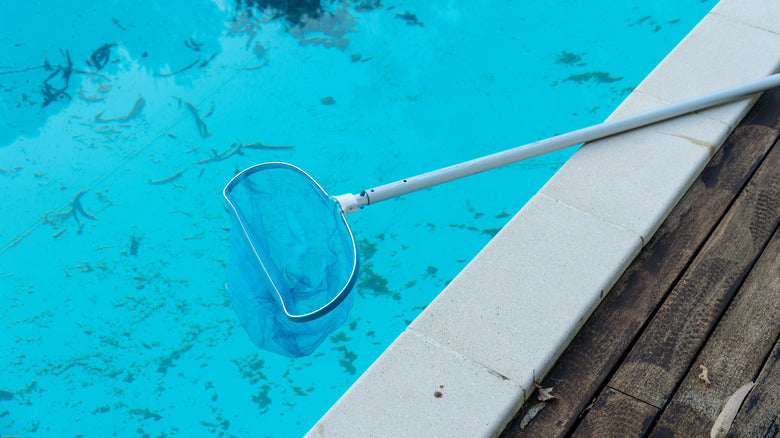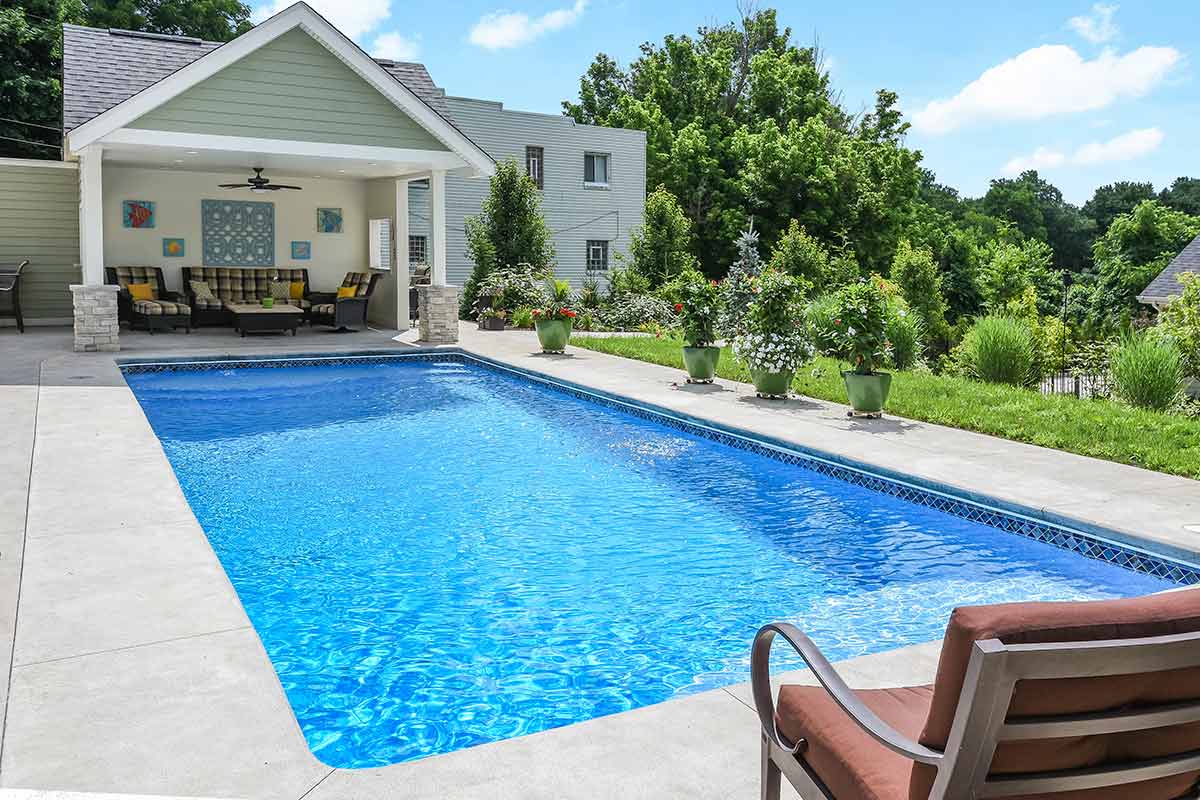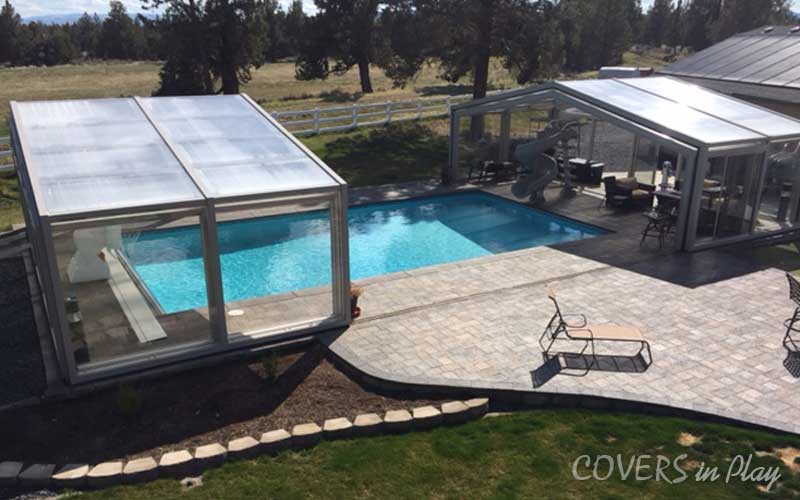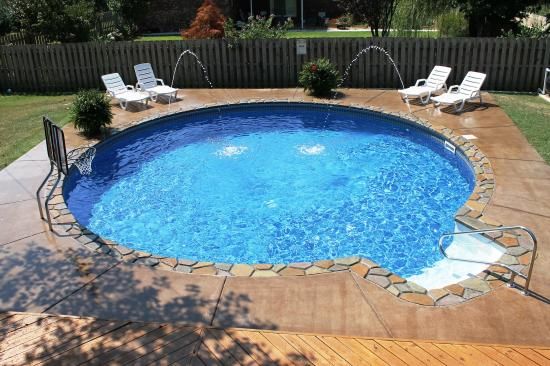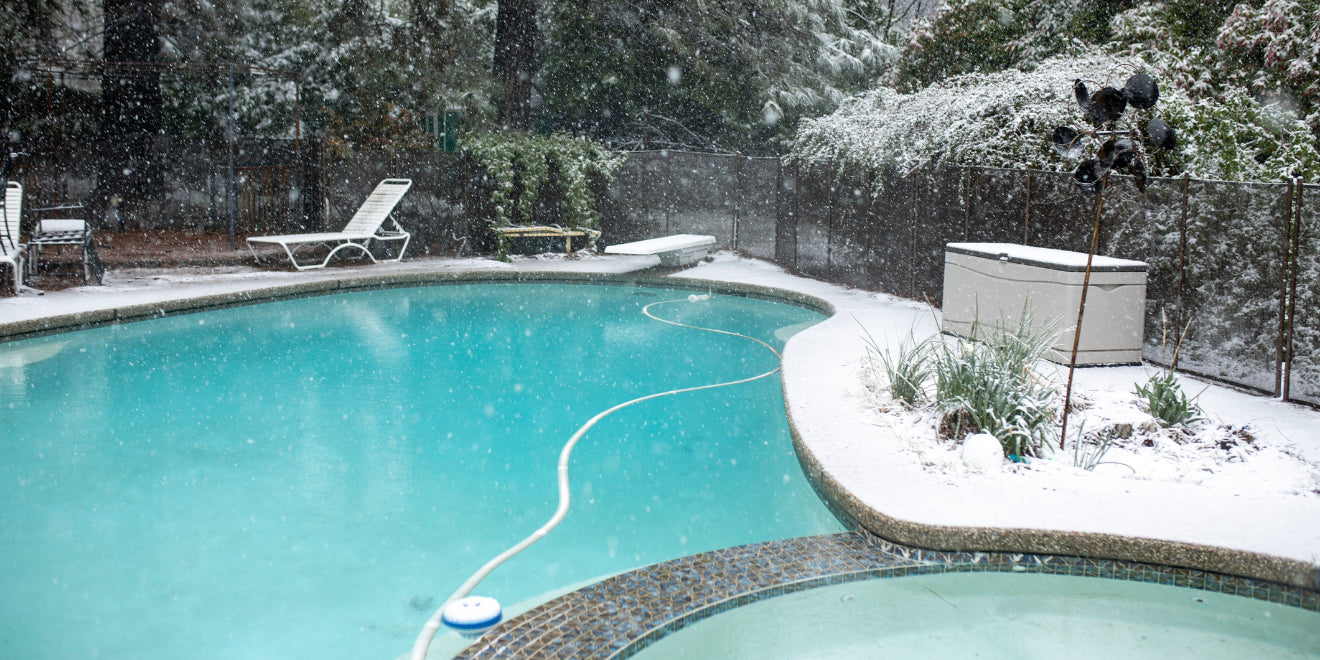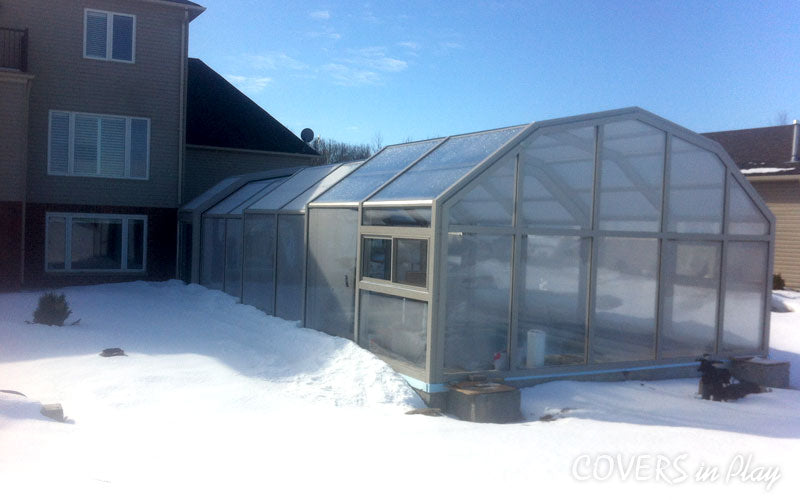
The Ultimate Guide to Pool Enclosures: Types, Materials, and Benefits
A pool enclosure can transform your outdoor oasis into a versatile, year-round retreat. From protecting against the elements to enhancing safety and privacy, pool enclosures offer a range of benefits. In this comprehensive guide, we explore the various types of pool enclosures, the materials used in their construction, and the myriad advantages they provide to homeowners.
Types of Pool Enclosures:
Retractable Enclosures
These versatile structures feature movable panels or roofs that can be opened or closed as desired. Retractable enclosures offer the flexibility to enjoy an open-air pool environment during favorable weather conditions while providing protection when needed.
Fixed Enclosures
Fixed enclosures are permanent structures that provide consistent coverage and protection for the pool area. They come in various designs, including domes, gables, and flat roofs, and offer year-round use regardless of weather conditions.
Telescopic Enclosures
Telescopic enclosures feature sliding or telescoping segments that allow for easy adjustment of the enclosure's height and length. This design enables homeowners to customize the amount of coverage and ventilation according to their preferences.
Screen Enclosures
Screen enclosures consist of mesh or netting panels supported by a frame structure. These enclosures provide protection against insects, debris, and leaves while allowing for ample airflow and natural light transmission.
Glass Enclosures
Glass enclosures offer unobstructed views of the surrounding landscape while providing protection from the elements. They create a seamless transition between indoor and outdoor spaces, allowing homeowners to enjoy the beauty of their surroundings year-round.
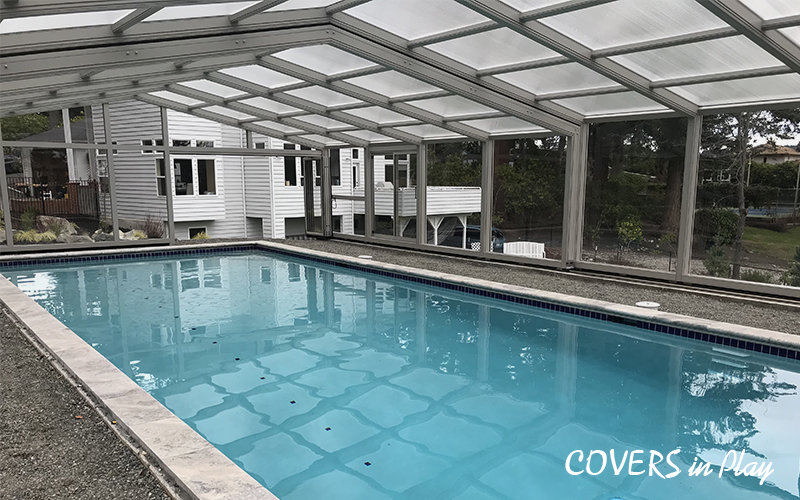
Materials Used in Pool Enclosures:
Aluminum
Aluminum is a popular choice for pool enclosure frames due to its durability, lightweight nature, and resistance to corrosion. Aluminum frames can be powder-coated in a variety of colors to match the aesthetic of the surrounding area.
Polycarbonate
Polycarbonate panels are commonly used for the roofing or walls of pool enclosures. These panels are lightweight, impact-resistant, and offer excellent UV protection, making them ideal for outdoor applications.
Glass
Glass panels provide a sleek and modern look for pool enclosures while allowing for maximum visibility and natural light transmission. Tempered or laminated glass is typically used for safety and durability.
Mesh
Mesh fabrics made from materials such as fiberglass or polyester are used for screen enclosures. These fabrics provide protection against insects and debris while allowing for airflow and visibility.
Benefits of Pool Enclosures:

Year-Round Use
Pool enclosures extend the swimming season by providing protection against inclement weather, allowing homeowners to enjoy their pool year-round.
Enhanced Safety
Enclosing the pool area helps prevent unauthorized access by children or pets, reducing the risk of accidents and drowning.
Reduced Maintenance
Pool enclosures keep debris, leaves, and insects out of the pool, minimizing the need for cleaning and maintenance.
Energy Efficiency
Enclosed pools retain heat more effectively, reducing the need for heating and lowering energy costs.
Privacy
Enclosures provide a secluded and private space for swimming and relaxation, away from prying eyes and neighboring properties.
Aesthetic Appeal
Pool enclosures enhance the overall aesthetic of the outdoor space, creating a cohesive and visually appealing environment.
Increased Property Value
A well-designed and functional pool enclosure can increase the value of a property by enhancing its appeal and usability.
Customization Options: Tailored to Your Style
Pool enclosures offer extensive customization options, allowing homeowners to tailor the design to reflect their unique style preferences and architectural aesthetics. From choosing the shape and size of the enclosure to selecting specific materials, colors, and finishes, the possibilities for customization are virtually limitless. Whether seeking a modern, minimalist design or a more traditional, ornate look, homeowners can collaborate with designers and contractors to create a bespoke pool enclosure that complements their home's exterior and landscaping.
Health Benefits: Creating a Protected Environment
In addition to providing protection against the elements, pool enclosures contribute to the creation of a healthier and more hygienic swimming environment. By preventing debris, leaves, and insects from entering the pool area, enclosures help maintain water cleanliness and purity. This reduces the need for chemical treatments and enhances water quality, creating a safer and more enjoyable swimming experience for homeowners and their guests. Furthermore, enclosed pools are less susceptible to contamination from external sources, minimizing the risk of waterborne illnesses and infections.

Noise Reduction: Enjoying Peaceful Surroundings
Pool enclosures offer the added benefit of noise reduction, creating a tranquil and serene atmosphere for relaxation and recreation. The structural elements of the enclosure help to absorb and dampen sound, minimizing noise pollution from nearby traffic, neighbors, or other outdoor activities. This quieter environment enhances the overall enjoyment of the pool area, allowing homeowners to unwind and escape from the hustle and bustle of daily life. Whether lounging poolside or hosting a gathering, the peace and quiet provided by a pool enclosure contribute to a more harmonious outdoor living experience.
Weather Protection: Shielding Against Extreme Conditions
Beyond the typical protection against sun, wind, and rain, pool enclosures provide an extra layer of defense against extreme weather conditions. In regions prone to hurricanes, tornadoes, or severe storms, enclosures offer peace of mind by safeguarding the pool area and surrounding property from potential damage. Reinforced structures and impact-resistant materials ensure that the enclosure remains secure and intact during adverse weather events, minimizing the risk of structural compromise or destruction. This enhanced weather resilience extends the longevity of the pool enclosure and preserves the investment in outdoor living space for years to come.
Multi-Functional Spaces: Versatility in Design
Pool enclosures can serve as multi-functional spaces that adapt to various uses and activities beyond swimming. With thoughtful design and layout considerations, homeowners can incorporate features such as seating areas, dining spaces, outdoor kitchens, or even fitness facilities within the enclosure. This versatility maximizes the usability of the outdoor space, allowing it to function as an extension of the home for entertaining, relaxation, exercise, and socializing throughout the year. By seamlessly integrating diverse functionalities into the pool enclosure design, homeowners can optimize the value and utility of their outdoor living environment, creating a true oasis of comfort and convenience.
Pool Enclosures: In Conclusion
From retractable structures to fixed enclosures, pool enclosures offer a range of options to suit every homeowner's needs and preferences. Whether seeking year-round functionality, enhanced safety, or aesthetic appeal, investing in a pool enclosure can transform your outdoor living space into a private sanctuary for relaxation and enjoyment. With the information provided in this guide, homeowners can make informed decisions about the type, materials, and benefits of pool enclosures, ensuring a seamless integration of form and function in their outdoor oasis.
